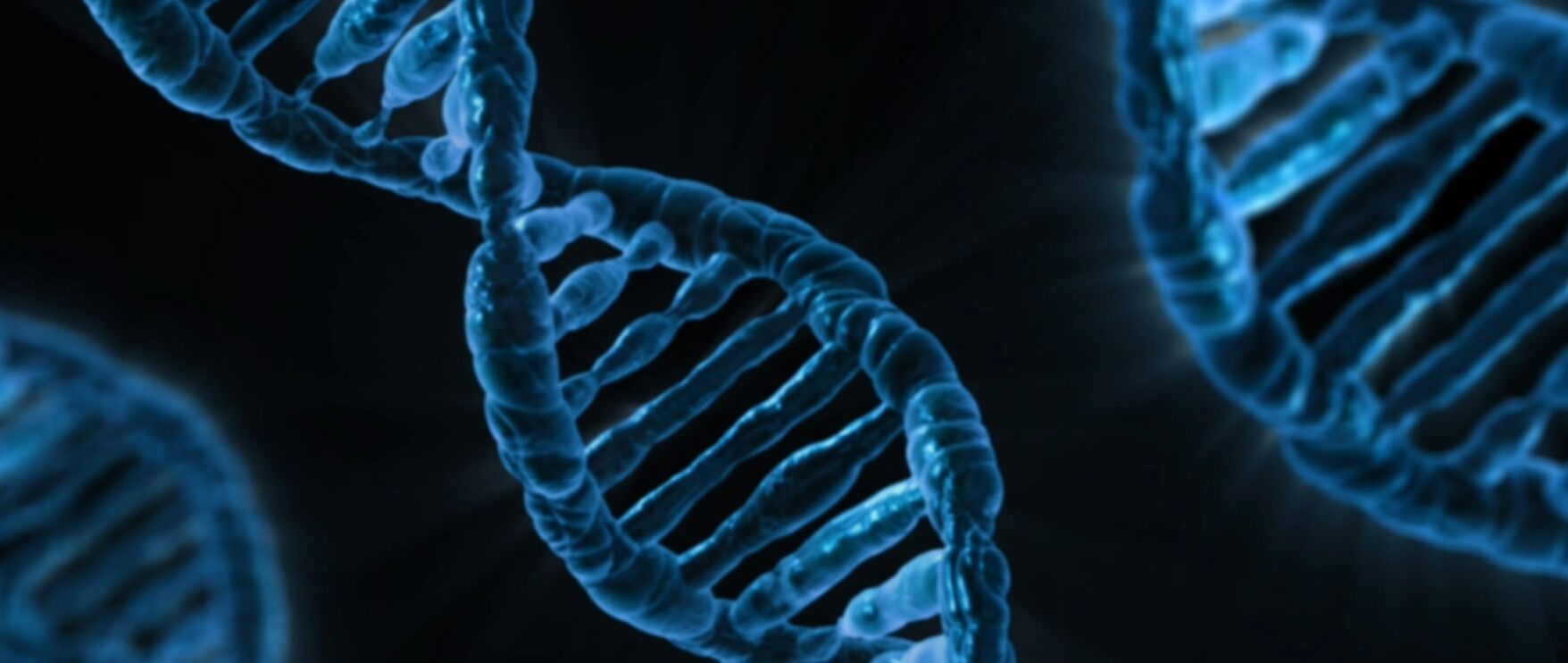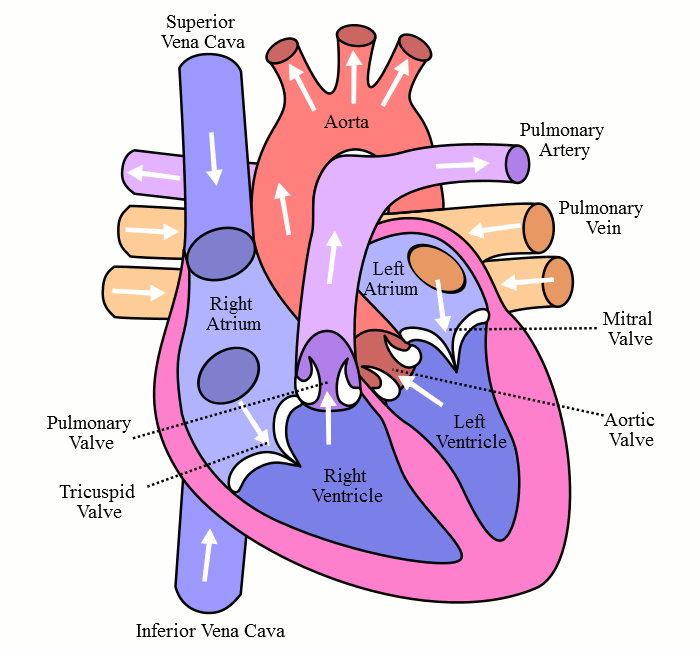
Ah, coffee. Whether you’re cradling a travel mug on your way to work or dashing out after spin class to refuel with a skinny latte, it’s hard to imagine a day without it. The caffeine perks you up, and there’s something incredibly soothing about sipping a steaming cup of joe. For many, coffee isn’t just a beverage; it’s the very glue that holds the day together, transforming us from morning zombies into functioning humans ready to tackle anything.
But what if your beloved brew offered more than just an energy kick? What if it was actively working to safeguard your health in truly remarkable ways? Good news: The case for coffee is stronger than ever. Study after study indicates you could be getting more from your favorite morning beverage than you thought, packed with substances that may help guard against conditions that impact our well-being.
Indeed, from boosting productivity to fighting off serious diseases, coffee is proving itself to be a true powerhouse of wellness. Nutrition experts from Johns Hopkins University School of Medicine highlight that beyond caffeine, coffee contains antioxidants and other active substances that may reduce internal inflammation and protect against disease. So, grab another cup, because we’re about to dive into some truly surprising ways your daily coffee habit can positively impact your health!

1. **Boosting Productivity and Energy**: It’s no secret that coffee is the go-to for many when it comes to kick-starting the day or powering through an afternoon slump. The immediate kick you get from your morning coffee is, of course, thanks to caffeine, a natural stimulant that efficiently makes you feel more energetic. This isn’t just about feeling awake; it’s about optimizing your mental gears for the challenges ahead.
While caffeine sometimes gets a bad rap, the caffeine in your coffee does much more than just wake you up. It actively works on your brain to improve critical functions, enhancing memory, lifting your mood, sharpening reaction times, and boosting overall mental function. This can transform fuzzy morning thoughts into clear, focused insights, helping you tackle your day with renewed vigor.
Scientific studies support these impressive capabilities. A 2017 randomized controlled trial demonstrated that caffeinated coffee significantly improved reaction time in participants. Additionally, a 2016 trial found caffeinated coffee “significantly improved” performance and several memory processes related to planning and creative thinking, especially when compared to decaffeinated coffee. These findings highlight coffee’s tangible impact on mental agility and work efficiency.
This remarkable effect is directly attributed to coffee’s caffeine content, which functions as a central nervous system stimulant, efficiently gearing up your brain for peak performance. A typical 8-ounce cup of brewed coffee, with approximately 95 mg of caffeine, is well within the range shown to boost focus levels. So, that feeling of ‘getting your mind working’ isn’t just anecdotal—it’s scientifically validated, making coffee a valuable ally in your daily pursuit of productivity.

2. **Enhancing Brain Health and Reducing Alzheimer’s/Parkinson’s Risk**: Beyond immediate alertness, coffee is also making waves in long-term brain health, particularly in protecting against neurodegenerative diseases like Alzheimer’s and Parkinson’s. While discussing food and drink’s impact on chronic disease always requires nuance, a consistent body of evidence has illuminated a significant link between regular coffee consumption and a potentially lower risk of these conditions, painting a picture of coffee as a powerful neuroprotector.
Encouragingly, a substantial 2024 systematic review and meta-analysis of 11 large observational studies (389,505 participants) found coffee consumption linked to a significant 27% reduced risk of Alzheimer’s disease. The strongest risk reduction was observed at about 2.5 cups per day. A similar 2023 review, analyzing 11 studies (6,121 individuals), found 1-4 cups per day significantly reduced Alzheimer’s risk. However, it also noted that over 4 cups per day slightly (4%) increased risk, underscoring moderation.
Beyond Alzheimer’s, coffee also offers protection against Parkinson’s disease. Research highlights that caffeine is not only associated with a lower chance of developing this condition, but it may also offer practical benefits for those already living with it. For individuals diagnosed with Parkinson’s, the caffeine in coffee may help them better control their movements, offering a degree of relief and improved quality of life. This dual protective and ameliorative effect makes coffee a compelling subject in neurological health discussions.

3. **Lowering Risk of Type 2 Diabetes**: In a world where Type 2 diabetes remains a growing health concern, discovering an everyday beverage that helps mitigate its risk is truly exciting. Multiple studies consistently show that regular coffee consumption, whether caffeinated or decaffeinated, is linked to a lowered chance of developing this widespread metabolic condition. This suggests a broad protective mechanism within coffee, not solely dependent on caffeine.
The scientific community has keenly investigated this connection, with robust findings consistently emerging. A systematic review with meta-analysis from 2018 solidified the link between coffee consumption and a reduced risk of developing Type 2 diabetes. This comprehensive analysis adds significant weight to the theory that components in coffee actively contribute to better glucose processing.
Indeed, studies specifically found that people who drink more coffee are less likely to get type 2 diabetes, providing compelling arguments for a causal relationship, as highlighted in 2021 research. This improved glucose metabolism is a key factor in preventing the onset of Type 2 diabetes, reinforcing coffee’s role as a potential dietary intervention in public health strategies aimed at prevention.

4. **Protecting Liver Health**: Your liver is a vital organ, tirelessly working to detoxify your body and process nutrients. It turns out that your daily coffee habit might be a silent champion for its well-being. Both regular and decaffeinated coffee appear to have a noticeable protective effect on your liver, contributing to this crucial organ’s health and functionality. This benefit extends across different types of coffee, highlighting broad compounds at play.
The evidence supporting coffee’s liver-protective properties is quite strong. Research consistently shows that coffee drinkers are more likely to maintain liver enzyme levels within a healthy range compared to those who abstain. These enzymes are key indicators of liver health, so maintaining them at optimal levels is a significant benefit, suggesting coffee helps keep the liver functioning smoothly and efficiently.
Furthermore, specific studies have demonstrated coffee’s ability to guard against more severe liver conditions. A 2006 study found that coffee can protect against cirrhosis of the liver, a serious scarring condition, especially for individuals at higher risk like those with alcohol use disorder or fatty liver disease. More recent findings, such as a 2021 study, also associated coffee consumption with lower liver stiffness, a common indicator of liver damage. So, while you’re enjoying your brew, your liver is quietly thanking you for the protective boost.

5. **Reducing Risk of Various Cancers**: The fight against cancer is a paramount global health challenge, and it’s truly exciting to discover that something as enjoyable as coffee might play a role in lowering the risk of several types of this formidable disease. Researchers have consistently found that coffee drinkers have a reduced risk of developing certain cancers, providing another compelling reason to savor that daily cup.
One area where coffee’s protective effects are noted is in liver cancer; a 2007 review provided strong support for coffee reducing this risk, observed in both individuals with and without a history of liver issues. More recently, coffee has also been linked to a reduced risk of colorectal (colon) cancer. A 2023 review compiled studies connecting coffee consumption with a notable reduction in colorectal cancer risk, with some research indicating a 26 percent lower likelihood for coffee enthusiasts, for both decaf and regular coffee.
Beyond these, coffee’s protective benefits extend to other areas. Studies indicate it may help prevent prostate cancer, nonmelanoma skin cancer, and even endometrial cancer. Additionally, dark roast coffee offers a unique cellular advantage by decreasing breakage in DNA strands. As unrepaired DNA breaks can lead to cancer, coffee’s role in maintaining DNA integrity is an often-overlooked but crucial benefit in comprehensive cancer prevention.

6. **Promoting Cardiovascular Health and Reducing Stroke Risk**: For many years, the relationship between coffee and heart health was viewed with caution, but modern research is increasingly painting a positive picture. While there might not be enough evidence to outright prescribe coffee to lower heart disease risk, recent revelations strongly indicate that your daily brew is genuinely good for your heart, contributing to a robust cardiovascular system.
One encouraging finding relates to heart failure, where a weakened heart struggles to pump enough blood. Studies suggest that drinking one to two cups of coffee a day may significantly help ward off heart failure, offering a straightforward and enjoyable way to bolster your heart’s resilience. A 2023 review also highlighted that moderate coffee consumption may lead to a decrease in common heart issues, including hypertension and high cholesterol.
The precise mechanism is still being understood, but one possibility is that coffee actively helps improve blood vessels’ control over blood flow and blood pressure. Beyond the heart itself, coffee also plays a vital role in reducing the risk of stroke, the fourth leading cause of death in women. For women, drinking at least one cup of coffee a day is consistently associated with a lowered stroke risk. A meta-analysis of over 2.4 million men and women further reinforces this widespread protective effect.
7. **Increasing Longevity**: Imagine a simple daily habit that could actually add years to your life – sounds too good to be true, right? Well, for coffee lovers, this might just be a reality! Recent studies have unveiled compelling evidence suggesting that regular coffee consumption is associated with a greater likelihood of living longer, making your morning ritual a potential key to a more extended, healthier life.
This isn’t just about feeling good; it’s about a genuine, measurable impact on your lifespan. Researchers have found that coffee drinkers are less likely to succumb to some of the leading causes of death, particularly in women, including formidable conditions like coronary heart disease, stroke, diabetes, and kidney disease. A comprehensive 2019 meta-analysis further reinforced this, connecting coffee consumption with reduced all-cause and cause-specific mortality across various populations.
The idea that coffee could be a secret to a longer life is truly fascinating. A 2021 study, for example, observed a positive link between coffee consumption and all-cause, cardiovascular, and cancer mortality in an adult Mediterranean population. Even more fundamentally, intriguing 2020 research on yeast demonstrated that coffee extends chronological lifespan through its antioxidant properties. While human biology is more complex, these findings collectively paint a hopeful picture of coffee’s contribution to longevity.

8. **Strengthening Your DNA**: Our DNA is the intricate blueprint of our entire being, and it’s constantly under attack from environmental factors and natural cellular processes, leading to DNA strand breakage. These breaks, if not properly repaired by our cells, can unfortunately lead to serious health issues like cancer or tumors. It’s a silent battle happening within our bodies every single day, and supporting our DNA’s integrity is paramount for long-term health.
Here’s where your favorite dark roast coffee steps in as a surprising hero. Specific research has revealed that dark roast coffee uniquely contributes to DNA health by actively decreasing these harmful breakages in DNA strands. This isn’t just a minor perk; it’s a significant protective mechanism that helps maintain the fundamental structure of our genetic material, bolstering our cellular defenses.
By helping to minimize DNA damage, coffee plays an often-overlooked yet crucial role in our overall health. Preventing these unrepaired DNA breaks is a vital aspect of comprehensive disease prevention, particularly against various forms of cancer. So, as you savor that rich, deep flavor of your dark roast, you can feel good knowing you’re giving your body’s most basic building blocks a powerful, protective boost.
Coffee is truly a wellness superstar. It’s clear that your daily cup of joe is far more than just a morning ritual; it’s a delightful, research-backed strategy for a healthier, more vibrant life. So go ahead, enjoy that next sip, knowing you’re treating your body to an array of incredible benefits. But remember, as with all good things, moderation is key, and listening to your body’s unique signals will always lead to the most harmonious health journey!




